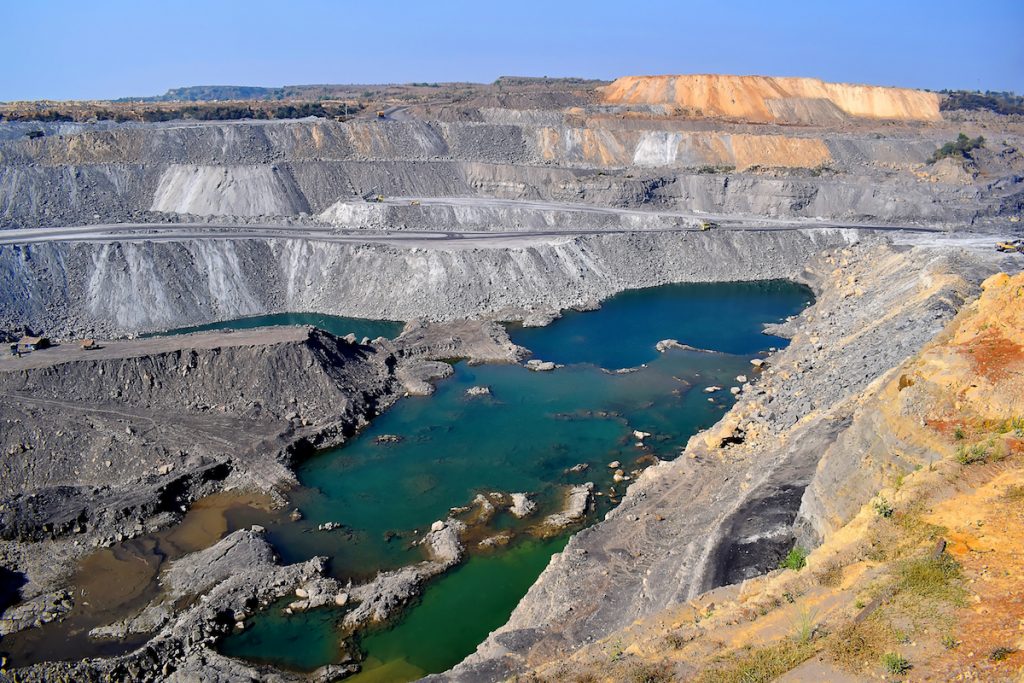A draft for a new proposed federal environmental law in India will weaken safeguards that protects the environment, say critics.
A federal government draft for the Environment Impact Assessment 2020 does away with environmental impact assessments (EIA) before a project starts and permits post-facto clearance, meaning a project without prior environmental approval can carry out operations. The draft, among other things, also disallows public participation in a proposed project.
The draft was put in the public domain for suggestions by the relevant ministry since March 12 and extended to Aug. 11 following the pandemic lockdown. It is expected to become law sometime in September or October.
“An assessment is necessary to gauge the project’s impact on local people, the ecology and natural resources,” said environmentalist Rajesh Bhatia.
“Public participation needs to be allowed so communities can voice their concerns over a project,” Bhatia said. “By silencing affected communities and throwing caution to the wind the draft will weaken environmental regulations,” he said, adding that
tribal people will be the most affected.
Auxillary Bishop Allwyn D’Silva of Bombay, president of the Ecological Commission of the Conference of Catholic Bishops of India, said the draft needs to address the concerns of the tribal people and the poor.
Church groups have given various suggestions and hope these will be considered by the government, he said.
Among Bhatia’s other concerns over the draft were that some areas can be declared as ‘economically sensitive’ and they would not require mandatory environmental and other clearances.
Such measures would threaten ecosystems like forest patches sustaining critically endangered fauna like the great Indian bustard, Asiatic lions and one-horned rhinoceros, he said.

Disasters
Bhatia said the draft supersedes the Environment (Protection) Act, 1986, which ensured that every project should go through the EIA process for obtaining prior environmental clearance, Bhatia said. The act was created after the Bhopal gas tragedy killed at least 3,700 people in 1984.
Concerns over the new draft follow more recent disasters such as a gas leak at a LG Polymer Plant at Vishakhapatnam in southern Andhra Pradesh state, on May 7 which claimed 15 lives and affected thousands.
Father Cedric Prakash, the Jesuit director of Prashant: Centre for Human Rights, Justice and Peace, said that the new draft will result in a “major ecological disaster.”
Father Prakash said the draft avoids various rulings made by the National Green Tribunal and the Supreme Court concerning the protection and the preservation of the environment in India.
He said according to the changes proposed, the federal government retains the right to create an expert appraisal committees and technical committees which would form the architecture of the environmental oversight required.
“The appointment of members of such committees cannot be the sole prerogative of the federal Ministry,” Father Prakash said.
“A more impartial method of selecting various committee members is needed, which should include competent women, and members of scheduled castes and tribes,” the priest said.
Environmentalist Prafulla Samantare said the committees should be formed by independent agencies and not by the government for greater transparency and accountability.
“The proposed changes are not guided by environmental concerns but by the concerns of corporations. Its purpose is to legitimize large-scale environment illegalities by industries. The draft gives license for wrong-doing and blatant violations,” Samantare said.
He said the draft exempts a long list of projects from public consultation, from irrigation projects, to expansion or widening of national highways, all projects concerning national defence and security, and many others.
However, R. P. Gupta, secretary of the Environment Ministry said the going away of environmental impact assessments is to avoid delays in starting a project.
Gupta said the government is developing a monitoring mechanism to keep an eye on projects, to make sure they do not damage the environment or violate any laws.
“What is the point of imposing a penalty after the damage has been done?” asked Samantare, winner of the prestigious Goldman Environmental Prize, also known as the ‘Green Nobel’.
“The ‘pollute-and-pay’ principle will wreak havoc. Economic consideration or the ease of doing business should not overrule environmental safeguards,” he said.
“If the federal government implements the draft it would be reneging on the Paris agreement 2015 and its commitment to the global community made in the United Nations Climate Change Conference 2019 (COP 25),” Samantare added.